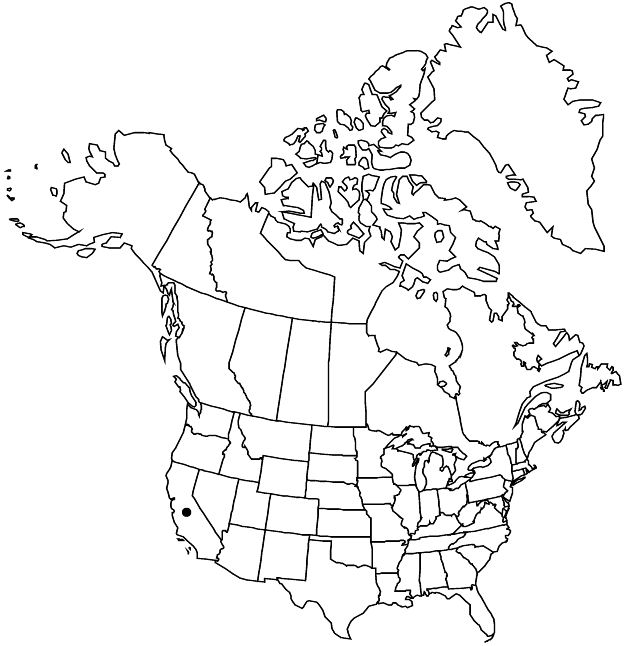Difference between revisions of "Ceanothus oliganthus var. oliganthus"
Common names: Hairy ceanothus
Endemic
Synonyms: Ceanothus divaricatus Nuttall C. hirsutus Nuttall
Treatment appears in FNA Volume 12. Treatment on page 88.
FNA>Volume Importer |
imported>Volume Importer |
||
| Line 55: | Line 55: | ||
|publication year= | |publication year= | ||
|special status=Endemic | |special status=Endemic | ||
| − | |source xml=https:// | + | |source xml=https://bibilujan@bitbucket.org/aafc-mbb/fna-data-curation.git/src/bb6b7e3a7de7d3b7888a1ad48c7fd8f5c722d8d6/coarse_grained_fna_xml/V12/V12_961.xml |
|genus=Ceanothus | |genus=Ceanothus | ||
|subgenus=Ceanothus subg. Ceanothus | |subgenus=Ceanothus subg. Ceanothus | ||
Revision as of 21:13, 27 May 2020
Stems: branchlets ± flexible, puberulent to villosulous. Leaf blades ovate, elliptic, or elliptic-oblong, adaxial surface usually villosulous, sometimes glabrate. Flowers: sepals, petals, and nectary blue or purplish blue; nectary and ovary glabrous. Capsules glabrous; valves smooth, usually crested, sometimes not.
Phenology: Flowering Mar–Jun.
Habitat: Open slopes and ridges, chaparral, woodlands.
Elevation: 60–1500 m.
Discussion
Variety oliganthus occurs primarily in the Coast Ranges south of San Francisco Bay, the Transverse Ranges, and the northern Peninsular Ranges. Putative hybrids and intergradation with var. orcuttii and Ceanothus tomentosus var. olivaceus have been reported from the Santa Ana Mountains, California (M. Van Rensselaer and H. McMinn 1942).
Selected References
None.
Lower Taxa
None.
